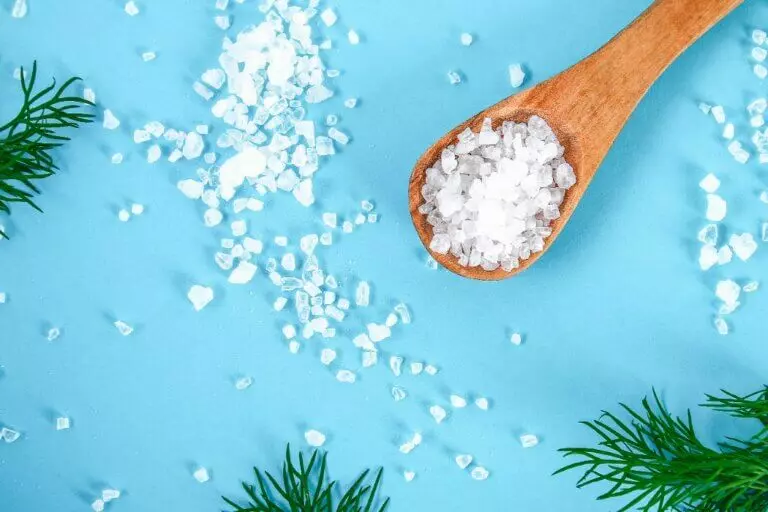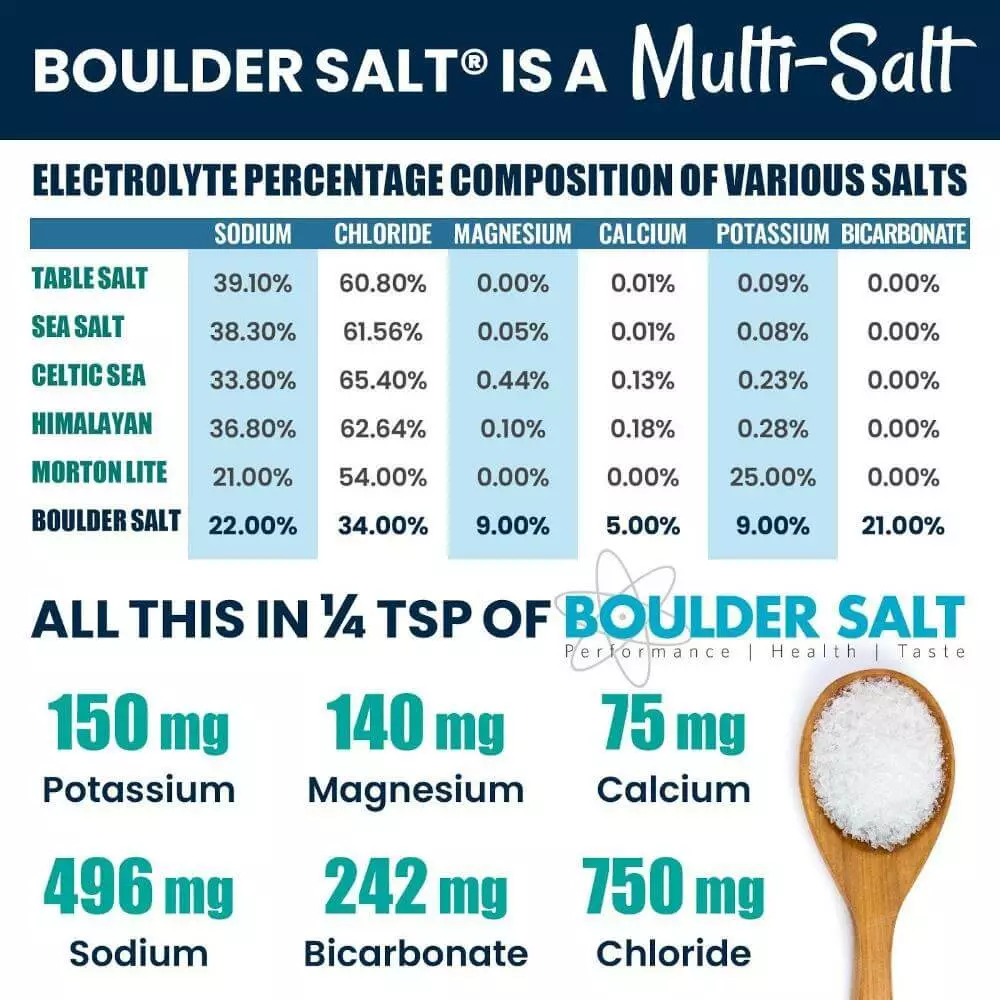
Low Sodium Diet Ideas Any Diet is Low Sodium with Boulder Salt! Are you looking for low sodium diet ideas and recipes

In recent years, the keto diet — a diet that promotes using fat as energy instead of carbs and stored glycogen — has become a hot trend in wellness, and many people have turned to ketogenic diets to help them lose weight and lead healthier lives. By eliminating carbs, a keto diet forces your body to instead turn to your fat stores, burning them to create energy under lipolysis, or fat breakdown. This forces the body to utilize fat as the main fuel source, reserving ketones and glucose for the brain instead.
For those that have tried a keto diet, dramatic changes in health and well-being are possible, in addition to significant weight loss. It works because a keto diet promotes a feeling of fullness due to the high consumption of fats and proteins, and the body settles into burning fat instead of stored energy. All those good calories also give tons of energy, which is great during a long day at the office or if you’re out with family or friends — and the fat burned due to the absence of electrolytes is the icing on the cake.
But all that is not without a trade-off — keto diets can alter the electrolyte balance in the body, depleting energy stores and making it more difficult to make it through that next strenuous workout. Some studies have shown that a keto diet can actually rob you of the energy that you’ll need to perform at a high level, which has led some athletes to rethink their keto diets due to the lack of a fast-acting energy source.
When it comes to electrolytes and the keto diet, many athletes have rightly sought to top off their valuable electrolytes before it becomes a problem, either by consuming an electrolyte drink or supplement, replenishing the electrolyte stores in the body. Not only are electrolytes important for our survival, but they’re an essential component in cellular and organ function, and they’re crucial to help maintain hydration in the body, as well as maintaining nerve and muscle function.
In order to optimize the body’s function, electrolytes must be kept within normal, healthy ranges. But on a keto diet, electrolytes can easily be thrown out of whack. Part of it is because the body starts processing electrolytes differently when you are on a keto diet, with less insulin created and more sodium being excreted by the kidneys. And once that sodium slips, the balance of electrolytes in the body is disrupted.
The reason that electrolytes are affected on a keto diet is because the lower carb intake leads to more water excretion and an eventual upsetting of the delicate electrolyte balance in the body. It’s also known as the keto flu, which is a sort of low-energy affliction resulting from low values of sodium, potassium and magnesium in the body, and without extra carbs or electrolytes, there’s no way to bring the balances back into a normal range.
Ranging from simple fatigue to significant problems during physical exertion, as well as arrhythmia and diarrhea, the keto flu is not to be taken lightly. Not only can it make it difficult to get through the day, but if you have any physical activity lined up, you may find it hard to get through even the simplest of workouts. Furthermore, because the kidneys may excrete additional electrolytes due to the imbalance, your electrolyte levels could fall more out of balance with each passing day.
As the most important electrolyte, sodium is often the first electrolyte imbalance that people will notice. It’s even more important for athletes, which will be asking considerably more of their bodies than most people do.
Water may replenish your thirst, but it won’t do anything about that loss of electrolytes, including the sodium that regulates blood volume and pressure, nerve function, water retention and nerve impulses. If you’ve experienced weakness, fatigue, headaches, nausea, vomiting, cramps, irritability or brain fog on the keto diet, you may need to replenish those electrolytes.
The problem is that the CDC recommends the average person to consume 2,300 mg of sodium a day to optimize bodily function — but keto diets are notoriously low in sodium, so what is a keto dieter to do?
Since keto diets are by their very nature low in sodium, many keto proponents actually nourish with salt supplements. It’s an easy way to prevent excessive sodium loss, and it only takes a second to get the salt that the body needs. The other tremendous benefit of using boulder salt with keto diets is the fact that unlike other electrolyte blends and regular table salt, Boulder Salt is very alkaline. This is helpful given that the keto diets are acid producing. In just two grams of Boulder Salt, you’ll get almost 500 mg of sodium, 150 mg of potassium, 140 mg of magnesium, 75 mg of calcium, 242 mg of bicarbonate and 750 mg of chloride. It’s all that your body needs to get the most out of your desired activity level, and it also tastes great for both food and water!

More to explore

Low Sodium Diet Ideas Any Diet is Low Sodium with Boulder Salt! Are you looking for low sodium diet ideas and recipes

Mountain View Welding does excellent work!
We make the highest recommendation for Loren Tonsing and the staff at https://mountainviewwelding.com Mountain View Welding does excellent work! Excellent communication to

Boulder Salt is in stock at The Raw Store!
Where in the world is Boulder Salt? This time the news is that Boulder Salt is stocked at The Raw Store in